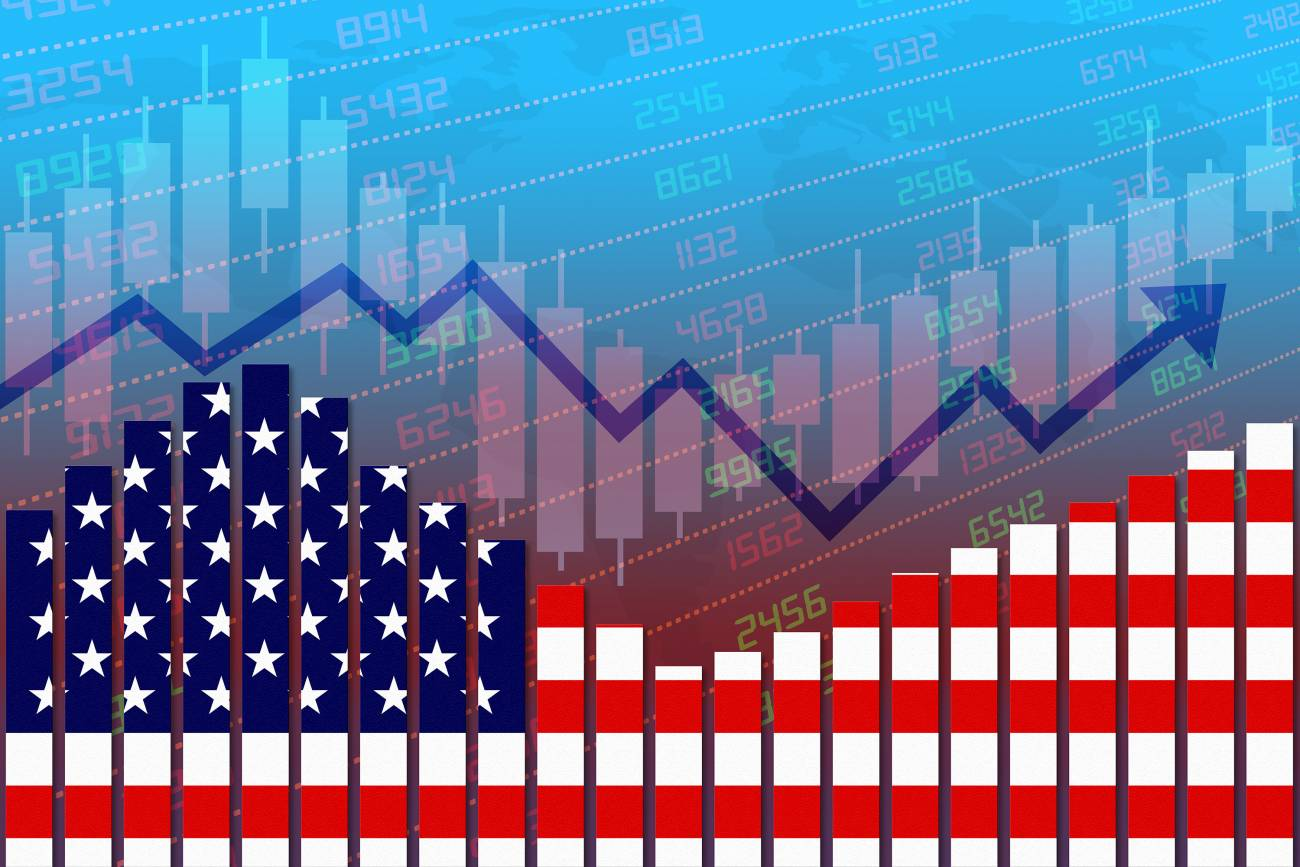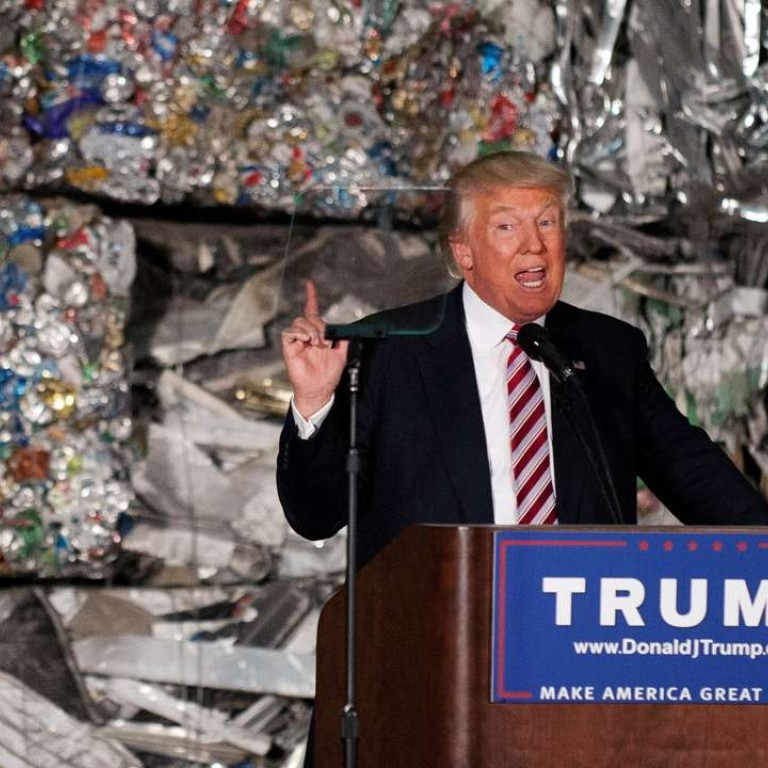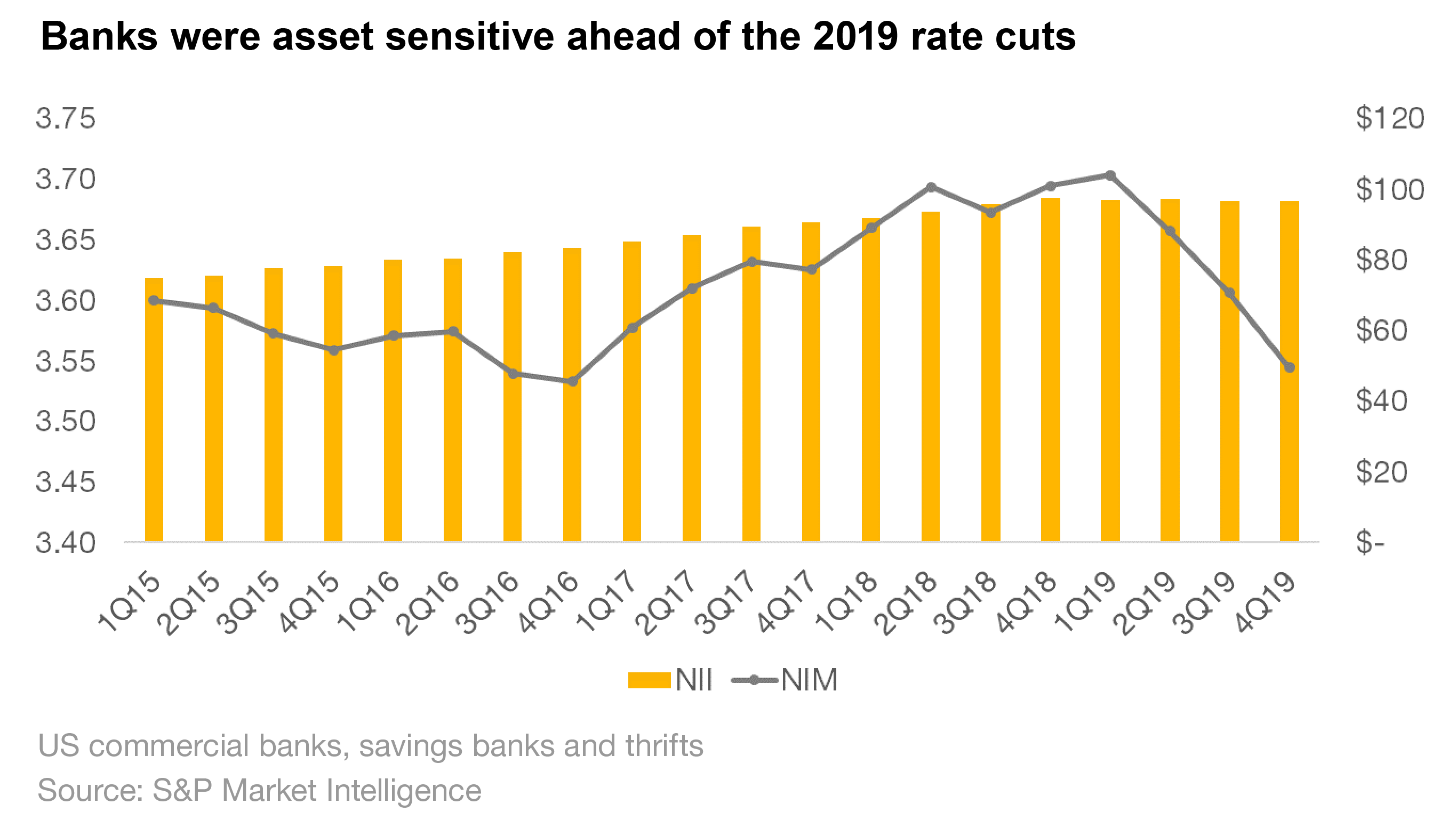The U.S. economy challenges are becoming increasingly pronounced in the current landscape, characterized by rising tensions surrounding trade war impact and the looming threat of economic recession risks. As the nation grapples with fluctuating consumer sentiment trends and uncertainty in interest rates decisions, financial stability hangs in the balance. Recent data indicate a notable decline in public confidence, raising alarms about the potential for a downturn amidst erratic tariff policy effects. Investors are now on edge, aware that the decisions made in the coming days could either alleviate or exacerbate the growing economic pressures. With the Federal Reserve poised to deliberate its next steps, the outcomes of these discussions are critical for not just the markets, but the livelihoods of millions of Americans.
The ongoing issues facing the American financial landscape come under scrutiny as analysts and economists assess the implications of trade disputes and inflationary pressures. Heightened concerns regarding the stability of consumer confidence and decision-making by the Federal Reserve highlight a worrisome trend in economic performance. With the potential for an economic downturn, similar to what has been seen in other historical contexts, it becomes crucial to understand the interlinked nature of tariff policies and market reactions. As we look deeper into these economic complexities, it is essential to keep an eye on policy developments and market responses, as they will significantly influence the trajectory of economic recovery or decline.
Current Challenges Facing the U.S. Economy
The U.S. economy is currently grappling with several significant challenges, primarily driven by an ongoing trade war and fluctuating consumer sentiment. After the imposition of new tariffs by China, Mexico, and Canada in response to President Trump’s trade policies, American industries have felt the immediate repercussions. Investors are increasingly anxious that prolonged tariffs could potentially lead to recessionary conditions, exacerbated by the declining consumer sentiment index which has now reached its lowest since November 2022.
Moreover, the volatility in the stock market adds another layer of complexity to these economic concerns. With businesses and consumers alike adopting a cautious stance, market confidence is waning. The potential risks associated with the trade war are substantial, as they not only impact exports but also influence domestic investment decisions, raising the specter of an economic downturn.
The Risk of Economic Recession and its Contributors
Joseph Frankel, an economist at Harvard, notes that the U.S. economy is increasingly at risk of entering a recession within the next year. Several contributing factors fuel this assertion, including the ongoing trade war, an anticipated stock market decline, and major cuts in government spending. Moreover, the public’s perception of risk has escalated, driven by the chaotic tariff policies and government spending habits of the current administration, leading to a more unpredictable economic environment.
As this uncertainty lingers, its repercussions could be severe. Should hiring freeze or significantly slow down, it could instigate a downward spiral affecting overall economic health. The correlation between these factors signifies a troubling trend that could lead to a deeper economic crisis if not addressed timely.
Tariff Policies and Their Effects on the Economy
The impact of tariff policies on the U.S. economy cannot be understated. Economists widely agree that tariffs often backfire, leading to higher prices for consumers and reduced competitiveness for American businesses. While proponents argue that tariffs can protect domestic industries and support job growth, the reality is that they often stifle investment and disrupt trade relationships, endangering long-term economic prosperity.
In the current climate, the parameters of market operations are evolving. The punitive nature of tariffs is generating a feedback loop of instability, where businesses become reluctant to invest or hire amid fears of ongoing trade disputes. Increased operational costs may also condition companies to pass down the price tag to consumers, further dampening consumer sentiment and confidence.
Interest Rate Decisions: Balancing Growth and Inflation
The Federal Reserve faces a critical juncture concerning interest rate decisions amidst these economic challenges. While cutting interest rates may stimulate economic growth and job creation, there is an accompanying risk of fueling inflationary pressures. The trade war’s adverse impacts and chaotic market conditions complicate this trade-off, making it difficult for the Fed to gauge the appropriate measures.
Analysts suggest that the Fed may choose to keep interest rates stable in the short term, weighing inflation control against supporting economic recovery. This cautious approach may help manage expectations and stabilize markets for businesses and consumers as uncertainty lingers, providing a cautious pathway forward.
Consumer Sentiment Trends Amid Economic Uncertainty
Consumer sentiment is a vital indicator of economic health, and recent trends divulge a concerning narrative for the U.S. economy. The University of Michigan’s consumer sentiment index has plummeted, revealing dwindling confidence in economic prospects, largely due to fears associated with the trade war and potential recession. As consumers grow more cautious, their spending might decrease, directly impacting economic growth.
This decline in confidence illustrates a broader hesitation among consumers to engage in significant purchases, suggesting that economic recovery may remain sluggish without a resurgence of confidence. If consumers continue to tighten their belts in response to economic fears, the resultant slowdown could deepen the recession risks already posed by escalating tariffs.
The Broader Implications of Ongoing Economic Instability
Ongoing economic instability has implications that extend beyond consumer sentiment and tariff policies. As uncertainty persists, sectors such as real estate and healthcare are bracing for the impact, with many companies adopting a cautious approach. The longer the political and economic chaos continues, the more likely businesses will delay investments and hiring, potentially stalling growth across numerous industries.
In the worst-case scenario, prolonged uncertainty could lead to widespread job losses and a significant downturn. This ripple effect could exacerbate the challenges facing the U.S. economy, where every sector is interconnected. Thus, maintaining a semblance of stability in fiscal policies and consumer confidence is crucial for navigating these turbulent waters.
Navigating the Trade War: Lessons Learned
The ongoing trade war serves as a crucial lesson in the interplay between domestic policies and global economic relations. As tariffs have become a primary tool in negotiating trade, the collateral damage to the U.S. economy is unfolding in real-time, affecting employment levels and investment confidence. This situation highlights the delicate balance policymakers must maintain to foster economic stability and growth.
The potential for retaliation from trade partners not only threatens U.S. exports but also weakens the overall economic stance. Historically, countries that engage in prolonged trade disputes have often found themselves with damaged relationships and slower growth rates, reinforcing the importance of strategic negotiation over conflict. Thus, adapting tariff strategies to minimize adverse effects while ensuring fair trade practices should be a priority moving forward.
Future Outlook: Economic Recovery Strategies
Looking ahead, the path toward economic recovery hinges on smart policy decisions and proactive measures that address the core issues facing the economy. With the potential for a recession looming, economists stress the importance of fostering innovation and supporting sectors that drive growth. Stimulating investment through job creation and targeted support for vulnerable industries can provide the necessary lift to counterbalance the challenges posed by tariffs and economic uncertainty.
Moreover, policymakers may need to refocus on rebuilding consumer trust in the economy through transparency and stability. By delivering clear messages on economic strategies and outcomes, leaders can help restore confidence that encourages consumer spending and business investment, essential elements for a robust recovery.
The Role of Government in Economic Stabilization
The government plays a critical role in stabilizing the economy, especially during turbulent times marked by uncertainty and potential recession. Effective government policies can provide reassurance to both businesses and consumers by creating an environment conducive to growth and innovation. This may involve reassessing tariffs and implementing measures that ease the strain on businesses facing international challenges.
Through fiscal policies aimed at stimulating growth while curbing excessive inflation, the government can offer necessary support to maintain economic momentum. A recalibration of trade policies that prioritize collaboration over adversarial measures could also ensure a conducive climate for sustainable economic expansion.
Frequently Asked Questions
What are the potential impacts of U.S. economy challenges on consumer sentiment trends?
U.S. economy challenges, particularly the slowing growth and uncertainty from trade wars, can significantly impact consumer sentiment trends. As recent data shows, the University of Michigan’s consumer sentiment index plunged to its lowest point, indicating that consumers may feel less secure about their financial futures. Concerns over rising interest rates and the cascading effects of tariff policy can also dampen consumer confidence, leading to reduced spending, which can further slow economic growth.
How might a trade war impact the U.S. economy’s growth?
A trade war can have detrimental effects on the U.S. economy by raising costs for consumers and businesses due to imposed tariffs. These costs can lead to increased prices on imported goods, reducing consumer purchasing power. Additionally, uncertainty from trade tensions can deter business investment, which is crucial for economic growth. Overall, the impact of a trade war can significantly challenge the U.S. economy by exacerbating recession risks and destabilizing market confidence.
What are the implications of interest rates decisions on U.S. economy challenges?
Interest rates decisions by the Federal Reserve play a crucial role in addressing U.S. economy challenges. If the Fed raises rates to combat rising inflation, it may slow down economic growth by making borrowing more expensive, potentially leading to higher unemployment. Conversely, lowering interest rates to stimulate growth could result in uncontrolled inflation, particularly in the uncertain climate characterized by trade wars and fluctuating tariffs. Balancing these decisions is critical to navigating the challenges facing the U.S. economy.
How do tariff policy effects contribute to the risk of an economic recession in the U.S.?
Tariff policy effects can significantly contribute to the risk of an economic recession in the U.S. by increasing production costs for manufacturers and consumers. As companies face higher tariffs, they may cut back on investment and hiring, leading to a slowdown in economic activity. Additionally, retaliatory tariffs from other nations can hinder U.S. exports, further straining the economy. This cycle of diminished confidence and spending can create conditions ripe for a recession, particularly if consumer sentiment continues to decline.
What role does consumer sentiment play in the context of U.S. economy challenges?
Consumer sentiment is a vital indicator of economic health, particularly in the context of U.S. economy challenges. When consumers feel optimistic, they are more likely to spend, driving economic growth. Conversely, when sentiment dips—especially in response to challenges such as trade wars or rising uncertainty—it results in reduced spending, which can stall economic expansion. Current trends showing declining consumer confidence underscore the significant impact that U.S. economy challenges can have on overall economic activity.
What are the risks associated with the current economic climate in relation to recession?
The current economic climate poses several risks related to recession, including the ongoing trade war, volatile stock markets, and rising interest rates due to Federal Reserve policies. These factors contribute to increased uncertainty, causing both businesses and consumers to adopt more cautious spending behaviors. Moreover, persistent low consumer sentiment trends indicate that the likelihood of a recession has increased significantly, as the economic fabric becomes more susceptible to shocks and instability.
| Key Point | Details |
|---|---|
| Tariffs and Trade War | The U.S. economy faces potential recession risks due to trade wars initiated by tariffs on goods from countries like China, Mexico, and Canada. |
| Consumer Sentiment | The University of Michigan consumer sentiment index has hit its lowest level since November 2022, indicating declining consumer confidence. |
| Economic Predictions | Concerns about a recession have increased, with analysts highlighting five key factors that could lead to economic downturn. |
| Federal Reserve’s Dilemma | The Fed is caught between the need to support economic growth through interest rate cuts and controlling inflation when tariffs create supply shocks. |
| Employment Impact | A prolonged period of economic uncertainty could halt hiring, exacerbating recession risks. |
Summary
The challenges facing the U.S. economy today are significant and multifaceted. With rising concerns about recession driven by trade conflicts and diminishing consumer sentiment, the economic landscape is becoming increasingly precarious. The Federal Reserve is confronted with tough choices as it attempts to navigate the fine balance between stimulating growth through interest rate adjustments and combating potential inflation. Furthermore, the uncertainty resulting from government policy shifts has left many sectors hesitant to invest, ultimately impacting employment and income levels. Addressing these U.S. economy challenges will require careful monitoring and strategic intervention to ensure long-term recovery.



